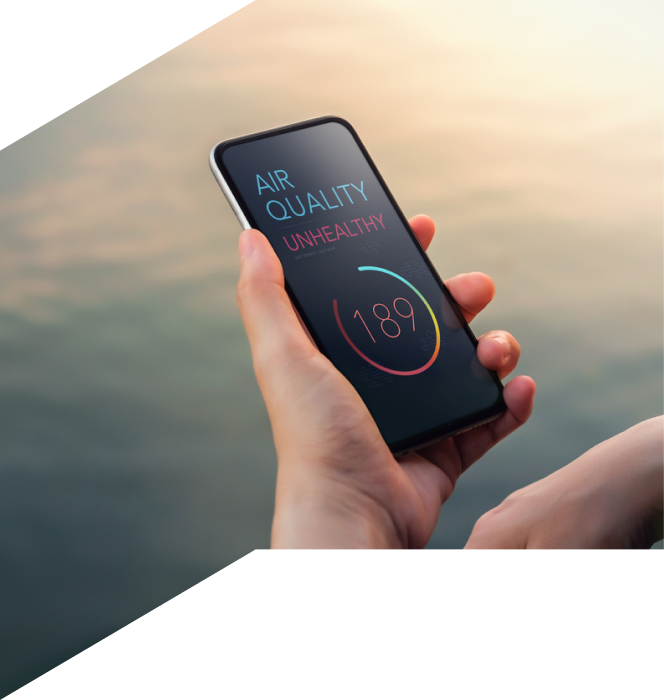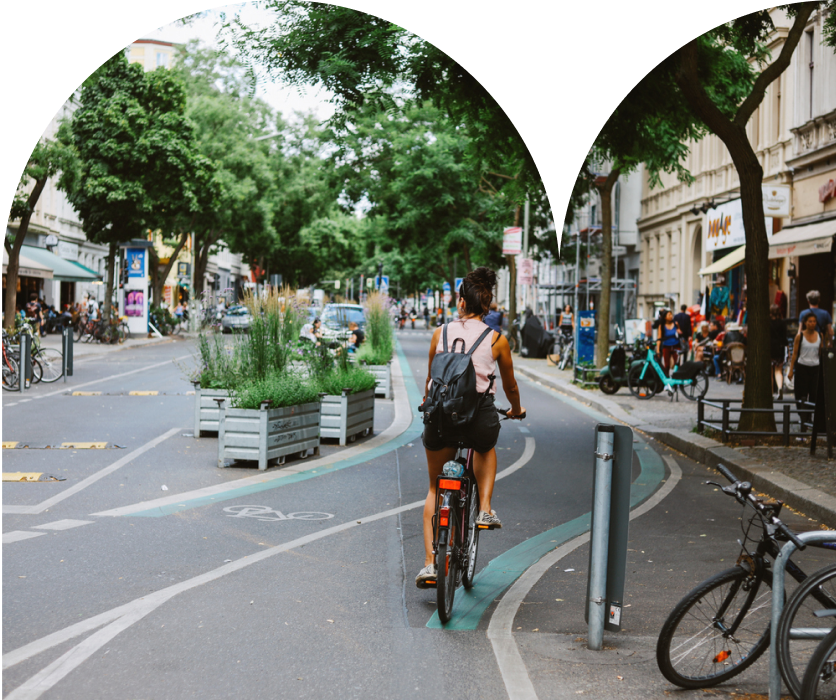Air pollution in cities
Why we do it
Air pollution is one of the largest threats to human health, our climate and the environment. 41% of cities in the world have pollution that is over 7 times higher than the World Health Organization’s recommendation. A lack of evidence and awareness slows political motivation and action to address this growing global problem. Working together for clean air, we will create a healthier, fairer and more prosperous future for everyone.


The health challenge
Air pollution is a critical and growing global public health issue.
Almost no urban area experiences air quality that meets the World Health Organization’s guidelines, meaning that nearly everyone who lives in a city is breathing air that is damaging their health. This causes a range of health issues, from cradle to grave, with poor air quality attributable to millions of premature deaths every year.

The climate crisis
Air pollutants contribute to global heating and cause local environmental degradation.
The main driver of the climate emergency – the burning of fossil fuels – is also the major contributor to air pollution. Climate policies that control air pollution emissions could reduce global warming by 0.5˚C and save the lives of 2.4 million people each year.

To support thriving communities
The people who contribute the least to air pollution are often the most exposed and worst affected.
Studies show that lower-income and minority groups often experience higher levels of air pollution as they tend to live and work close to industrial facilities and traffic-congested areas. In our efforts to clean the air, we can improve quality of life and support communities to thrive.

The economic costs
Air pollution is bad for business.
Employees breathing polluted air are much more likely to get sick and experience reduced cognitive performance. The major health issues caused by air pollution have serious consequences for our economies. Air pollution affects businesses through reduced workforce productivity, work absences, premature deaths and lower crop yields. Around 1.2 billion workdays are lost globally each year due to air pollution, which could reach 3.8 billion days by 2060. This costs the global economy 6.1% in reduced GDP.








